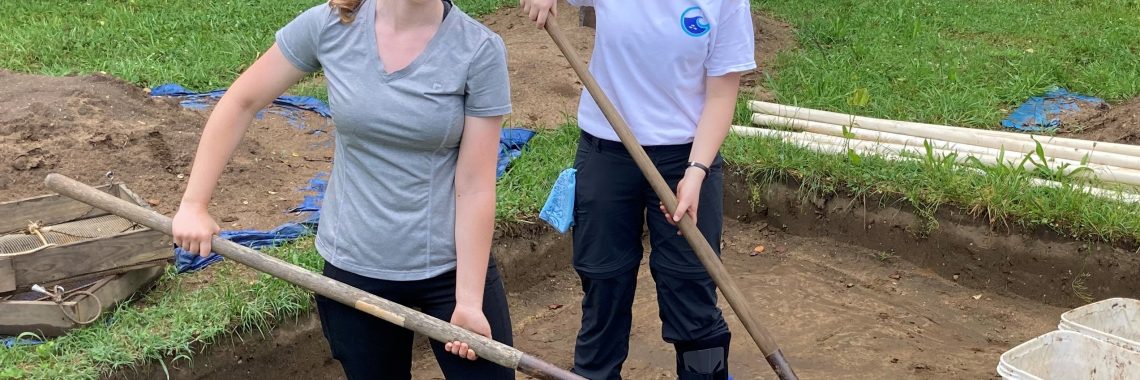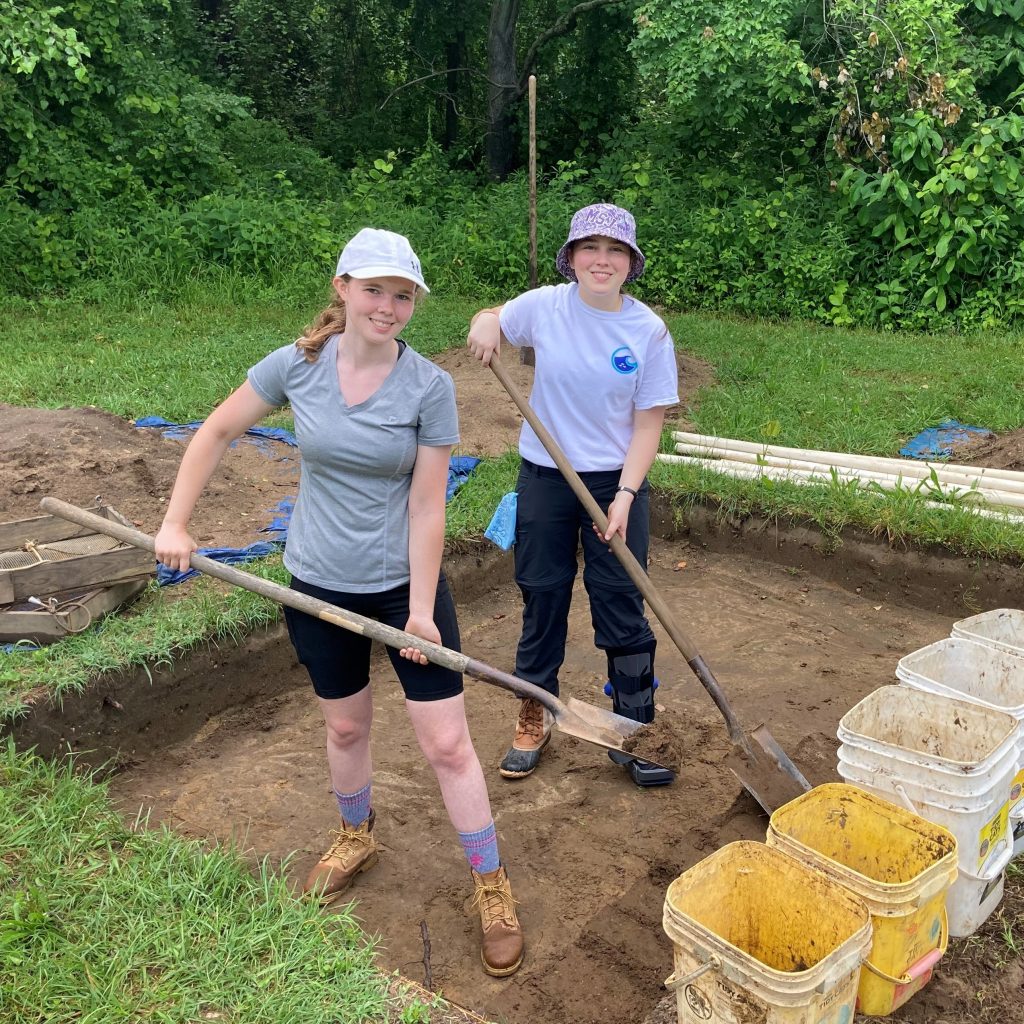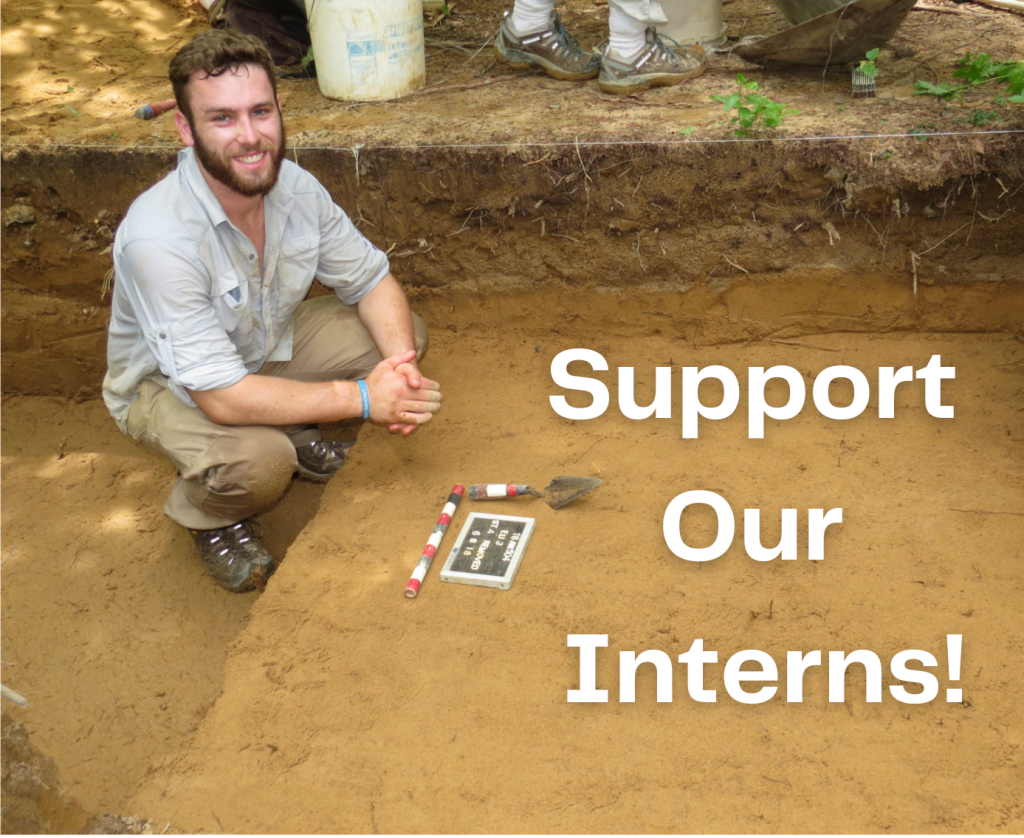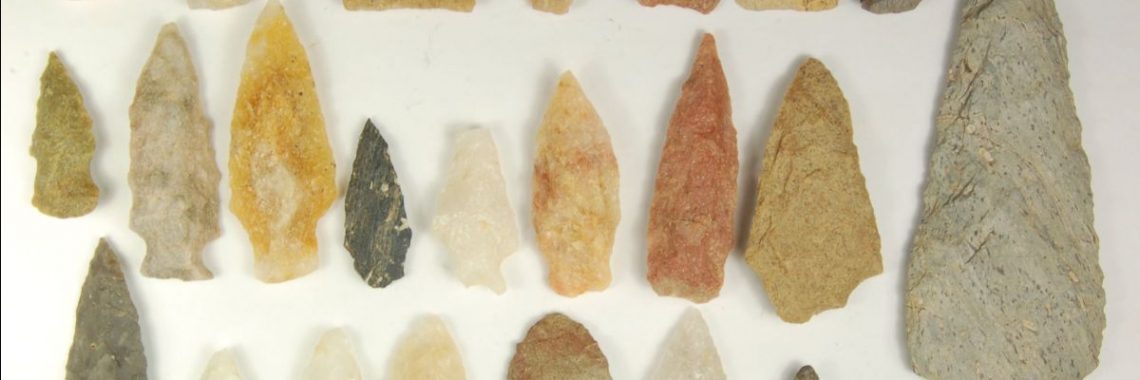Lost Towns Project Awarded 2025 SHINE Grant from Maryland Humanities!
We are grateful to be one of 90 Maryland nonprofit organizations to receive $10,000 in general operating funding from Maryland Humanities’ Marilyn Hatza Memorial SHINE Grants Program (Strengthening the Humanities Investment in Nonprofits for Equity)
As a very small volunteer-based non-profit, grant funding is critical to our ability to provide history and archaeology research and programming to our community. In 2025, this funding will help us fund our summer internship program, continue documenting important archaeological and historic sites, and fund general organizational expenses.
More information about the SHINE Grants can be found here.

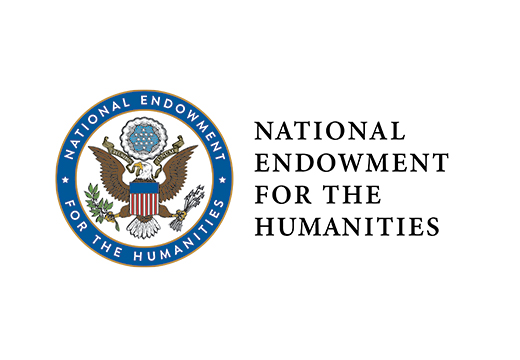
This project has been financed in part with State Funds from the Maryland Historical Trust, an agency of the Maryland Department of Planning which is an instrumentality of the State of Maryland. However, project contents or opinions do not necessarily reflect the views or policies of the Maryland Historical Trust or the Maryland Department of Planning.


